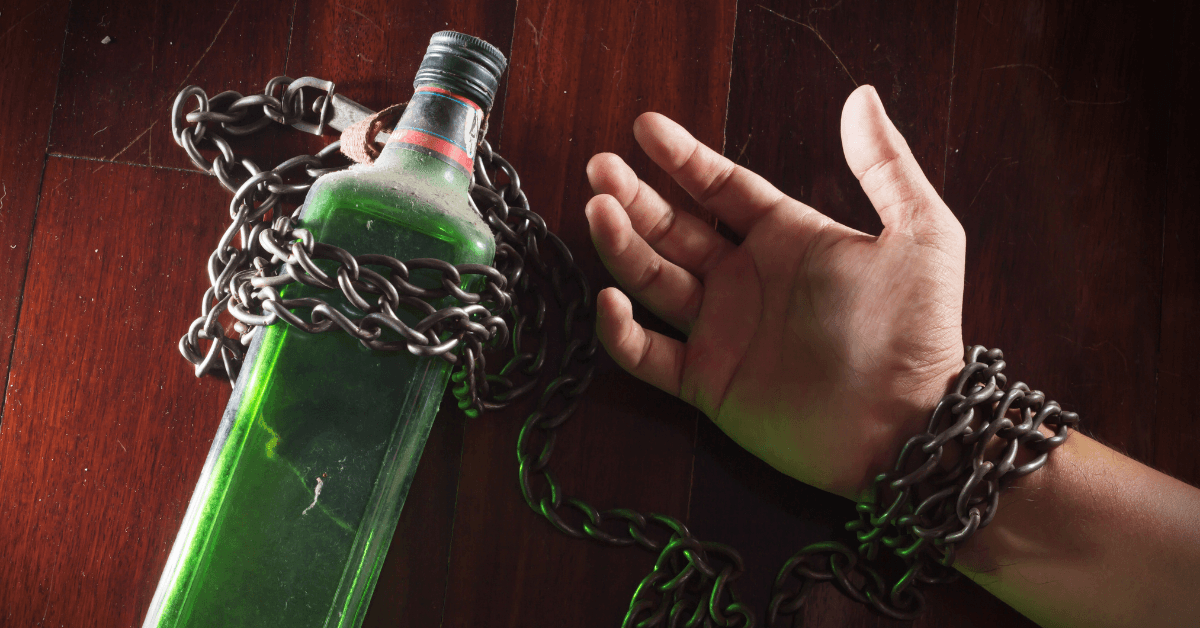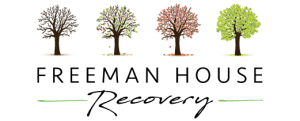Alcohol dependence doesn’t just creep in overnight. It builds up over time and becomes something that feels normal to the person affected. For many, what starts as occasional drinking can slowly shift into something more regular, until they no longer feel in control of when or how much they drink.
It affects sleep, focus, and mood. Over time, it starts to impact relationships with partners, children, friends, and colleagues. People become unreliable, defensive, or even aggressive. It affects work, studies, and decision-making. The mind becomes clouded, the body starts to wear out, and life begins to spiral.
There’s also the deeper emotional side. People drink for many reasons — stress, anxiety, trauma, social pressure. These are real challenges that don’t go away on their own. That’s why dependence isn’t only about alcohol; it’s about what people are trying to escape from or manage underneath it all.
The Role of Rehabilitation in Recovery

When someone decides to stop drinking, that’s only the start. Recovery isn’t about willpower alone. It’s about having a proper plan, real support, and space to focus on healing.
Rehabilitation helps create that space. It removes distractions and temptations. It allows people to stop pretending everything’s okay and finally deal with the reality of their dependence.
There’s a huge difference between trying to get better on your own and doing it with structured help. Most people who quit without support end up drinking again — not because they’re weak, but because they weren’t set up for success. Rehab changes that. It puts people in an environment where recovery is not just possible, it’s expected.
Structured Environment and Routine
One of the most important things about rehabilitation is structure. For people who’ve been living in chaos, routine becomes a powerful tool. When you wake up at the same time, eat balanced meals, attend sessions, and sleep properly, your body and mind start to feel safe again.
Structure doesn’t mean control. It means stability. It’s hard to rebuild your life when every day feels unpredictable. Rehab gives people predictable, calm days, which is exactly what the brain needs to reset.
Daily routines replace old habits. Instead of waking up to a hangover, you wake up clear-headed. Instead of drinking in the evening, you might go to a support session or write in a journal. These new routines lay the foundation for a sober life that doesn’t feel empty.
Medical Support and Detoxification
Quitting alcohol can be dangerous when done alone. Some people experience tremors, nausea, hallucinations, or even seizures. That’s why detox needs to be handled properly.
In rehab, detox is managed by professionals who know how to help your body get through withdrawal safely. They monitor symptoms, provide medication if needed, and make sure the process is as comfortable as possible.
Beyond the physical symptoms, there’s also emotional detox. People often feel anxious, depressed, or overwhelmed when they stop drinking. Medical staff and mental health professionals work together to support the full picture — not just the body, but also the mind.
Therapeutic Interventions
Alcohol isn’t the real problem. It’s the solution people use to deal with the real problem. Therapy helps get to the root of that.
In rehab, people speak to counsellors, psychologists, or therapists who help them unpack what’s going on underneath. It might be past trauma, unresolved grief, low self-esteem, or relationship breakdowns.
There are different types of therapy used depending on the individual — some people benefit from one-on-one sessions, others from group work. Cognitive Behavioural Therapy is often used to change the way people think and react in certain situations.
The point of therapy isn’t to talk about your feelings forever. It’s to develop tools for dealing with pressure, frustration, sadness, or boredom — without turning to alcohol.
Peer Support and Community
There’s something powerful about being around others who get it. In rehab, no one judges you for what you’ve done. Everyone’s there for the same reason — to change.
Group sessions allow people to share openly, hear different perspectives, and feel supported. This sense of community is one of the most underrated benefits of rehabilitation. It shows people they’re not alone.
Sometimes, hearing someone else’s story helps you understand your own better. It also gives people accountability. When others are watching your progress, you’re more likely to stay committed.
The friendships formed in these groups often continue long after the program ends, becoming a safety net that helps with long-term sobriety.
Education and Skill Building
Alcohol misuse usually comes with gaps in life skills. People might have neglected their health, let their finances go, or damaged their communication abilities. Rehabilitation includes practical education that helps fill these gaps.
You learn what alcohol really does to your brain and body. You learn how triggers work and how to spot them. You learn how to plan your day, manage cravings, and build habits that actually serve you.
There’s also a focus on planning for the future. Whether it’s getting back into work, studying, or rebuilding relationships, rehab provides tools to make those next steps more realistic.
Learning in this context isn’t like school. It’s practical, real, and based on what you’re dealing with now. The goal is not to give advice, but to help people figure out their own answers and apply them.
Relapse Prevention Strategies
Rehab doesn’t end when the program ends. The real work starts when people go back to their old environment and have to make different choices.
That’s why relapse prevention is built into the process. People don’t just leave and hope for the best. They leave with a plan. That plan includes what to do when things get hard, who to call when you feel tempted, and how to structure your life to reduce risk.
Triggers are everywhere — stress, parties, loneliness. In rehab, you learn to identify them and prepare for them. You also work through strategies for what to do when mistakes happen. One bad day doesn’t mean you’ve failed. Recovery isn’t a straight line.
The goal is long-term change, and that requires ongoing support. That could include check-ins, support groups, therapy, or staying in contact with peers from the program.
Long-Term Benefits of Rehabilitation
Once the body recovers from alcohol, the benefits start to show. Skin clears up, sleep improves, and energy levels return. The immune system becomes stronger. People get fewer infections. Chronic health problems often improve.
Mentally, the fog lifts. People feel sharper, more alert, and more emotionally stable. They’re better at handling stress, communicating, and making decisions. They also feel more in control of their lives.
Relationships that were strained or broken start to mend. People apologise, make amends, and begin to rebuild trust. That takes time, but it starts with being consistent and present — something alcohol makes impossible.
The biggest benefit is often a sense of self-respect. When people stop lying, hiding, and disappointing others, they start to believe in themselves again.
Personal Growth and Self-Discovery
Alcohol often becomes the centre of life, and when it’s removed, there’s space for something else. People start asking questions like: what do I enjoy? What do I want to do with my time? What kind of person do I want to be?
Rehabilitation creates room for that growth. People try new activities, reconnect with old passions, and set goals they actually care about. Some people start exercising, writing, painting, or spending more time with family.
There’s a confidence that comes from doing something difficult and sticking with it. Recovery is hard work, and completing a program shows people that they’re stronger than they thought.
Instead of being defined by the past, people begin to create a future that actually feels worth waking up for.










